15 Morally Grey TV Characters We Secretly Love
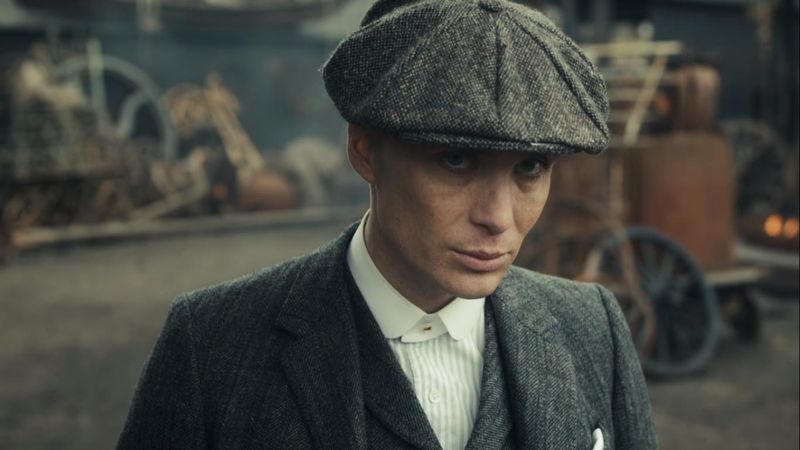
TV shows have mastered the art of creating characters who aren’t simply heroes or villains. These morally grey characters make choices that blur the line between right and wrong, yet we can’t help but root for them. They’re complicated, flawed, and sometimes do terrible things, but their humanity and complex motivations keep us invested. Let’s explore 15 TV characters who make us question our own moral compass while we secretly cheer them on.
1. Gregory House
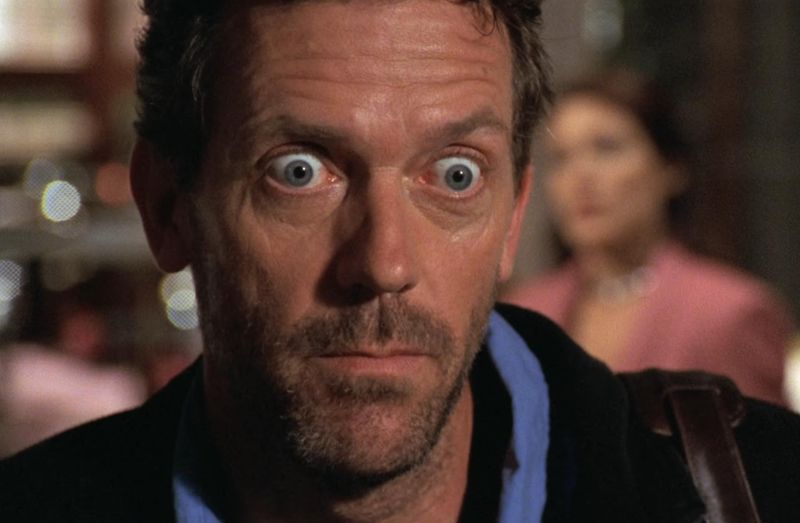
The brilliant but bitter doctor with a Vicodin addiction captivates viewers with his razor-sharp intellect and brutal honesty. House regularly breaks hospital rules, manipulates colleagues, and treats patients with contempt—all while saving lives that other doctors can’t.
His personal philosophy that “everybody lies” drives him to pursue medical mysteries at any cost. The character’s pain—both physical and emotional—creates a fascinating paradox: a healer who hurts everyone around him.
What makes House so compelling is how his worst qualities (arrogance, addiction, misanthropy) fuel his genius. We forgive his cruelty because his damaged soul seems worth saving, and because deep down, his commitment to finding the truth mirrors our own desire for answers in a confusing world.
2. Walter White
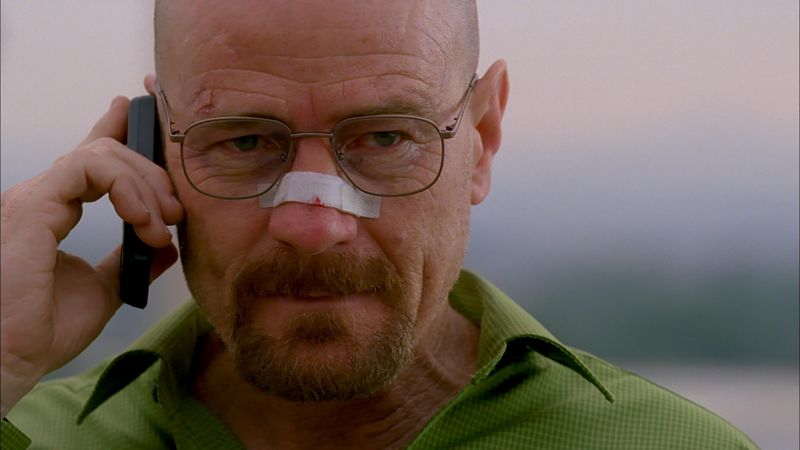
From high school chemistry teacher to drug kingpin, Walter White’s transformation captivates viewers despite his increasingly villainous actions. His initial motivation—securing his family’s financial future after his cancer diagnosis—seems noble enough.
As the series progresses, Walter’s pride and power lust reveal his true nature. The genius of Breaking Bad lies in making us complicit in Walter’s journey, silently hoping he’ll escape consequences even as his body count rises.
The mild-mannered Mr. White becomes the fearsome Heisenberg, showing how ordinary people can become monsters under the right circumstances. His famous line “I am the one who knocks” still sends chills down our spines.
3. Tony Soprano
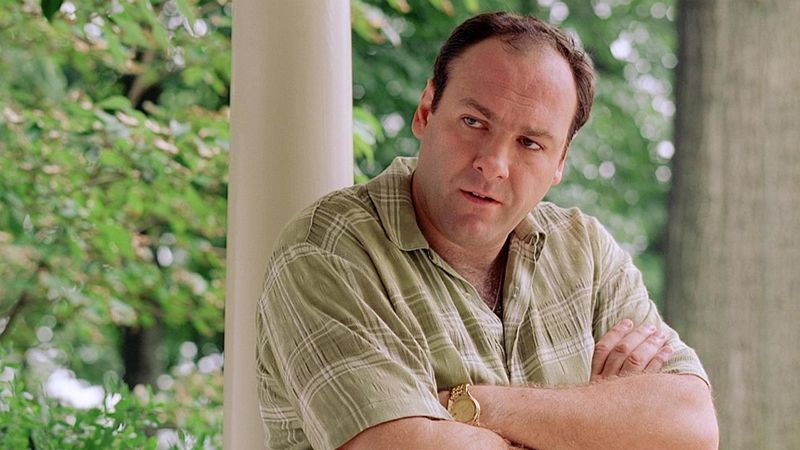
As the original TV anti-hero, Tony Soprano challenged viewers’ morals by blending ruthless violence with vulnerability. His role as a mob boss is countered by moments of therapy and family tension that make him oddly relatable.
His panic attacks humanize him, revealing vulnerability beneath the brutal exterior. We witness his attempts at being a good father while simultaneously watching him commit horrible crimes.
The Sopranos brilliantly forces viewers to confront their own moral flexibility. Tony’s charisma pulls us in despite knowing better, making us question why we care about a man who regularly destroys lives yet worries about a family of ducks in his pool.
4. Don Draper
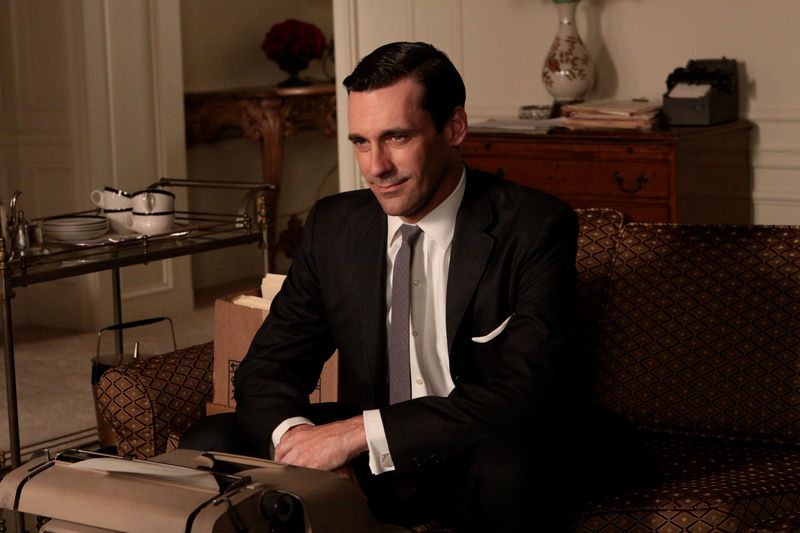
With his good looks and stolen identity, Don Draper embodies the glossy image of success. But beneath that charm, he’s wrestling with childhood scars and a desperate need to start over. His brilliance in advertising clashes with the chaos of his personal world.
Through seven seasons of Mad Men, we watch Don repeatedly sabotage his marriages and relationships. His womanizing and alcoholism should make him despicable, yet his moments of genuine connection and vulnerability keep us invested.
Don’s search for meaning resonates because it reflects universal human struggles. When he finally achieves a moment of peace in the famous Coca-Cola meditation scene, we feel we’ve completed a complex journey with a deeply flawed but ultimately human character.
5. Saul Goodman / Jimmy McGill
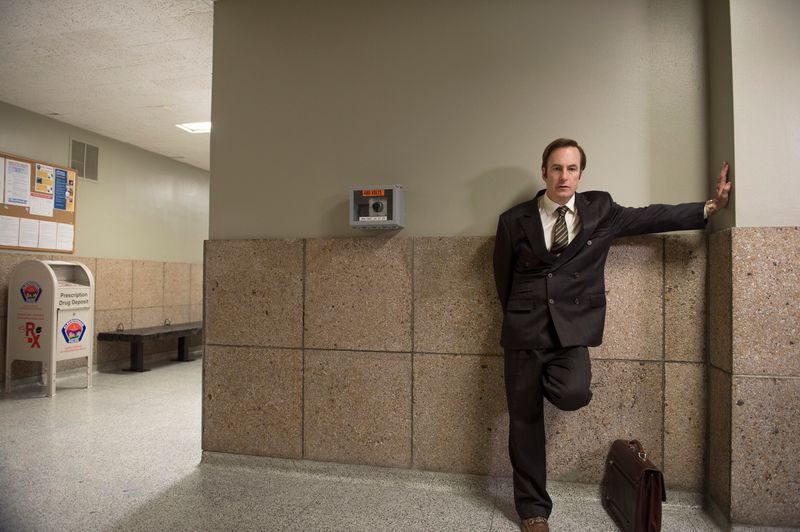
The sleazy lawyer with the colorful suits starts as comic relief but evolves into one of television’s most nuanced characters. Jimmy McGill’s transformation into Saul Goodman shows how good intentions can pave the road to moral corruption.
His backstory reveals a man desperately seeking approval from his brilliant brother while fighting against his natural con-man instincts. The genius of Better Call Saul is making us root for Jimmy even as we know his eventual fate as the completely corrupted Saul.
Unlike many morally grey characters, Jimmy’s heart remains visible throughout his descent. His relationship with Kim Wexler anchors his humanity, making his eventual transformation all the more tragic. “It’s all good, man” becomes the ultimate ironic catchphrase.
6. Tommy Shelby
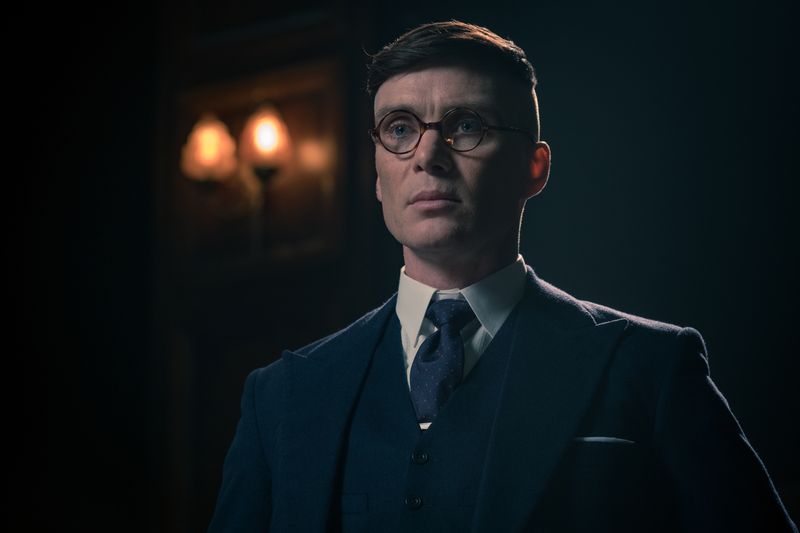
As the calculating leader of the Peaky Blinders, Tommy Shelby blends strategic brilliance with ruthless aggression. A haunted WWI vet, he builds his empire amid inner turmoil. His striking blue eyes reveal a mix of intelligence and deep emotional wounds.
Tommy’s protection of family juxtaposed against his willingness to sacrifice others creates constant moral tension. We admire his chess-master mind while wincing at his brutal methods.
The character embodies post-war disillusionment and class warfare in 1920s Britain. His famous quote “Sometimes death is a kindness” reflects his twisted morality. Tommy makes us question if the ends ever justify the means, especially when those means involve razor blades sewn into flat caps.
7. Villanelle
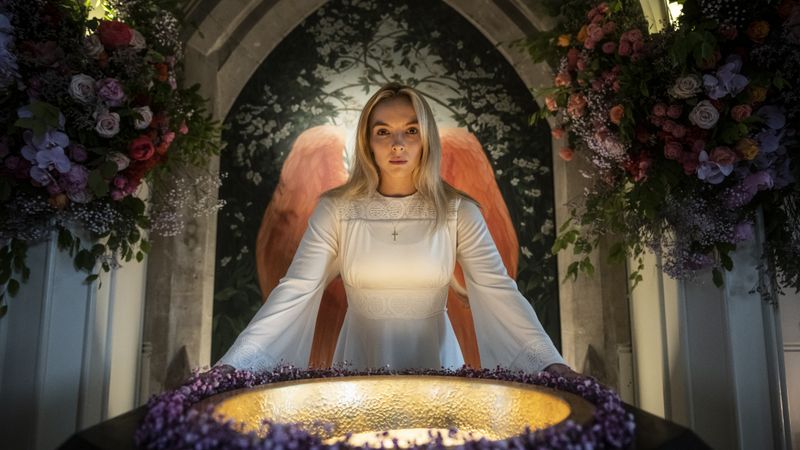
The psychopathic assassin with impeccable fashion sense shouldn’t be likable, yet Killing Eve’s Villanelle captivates viewers with her childlike enthusiasm for murder. Her complete lack of remorse paired with genuine emotional vulnerability creates a fascinating contradiction.
Villanelle kills without hesitation but craves human connection, particularly with Eve. Her playfulness makes her dangerous unpredictability oddly endearing.
The character challenges our understanding of female villains by combining traditionally feminine traits with cold-blooded violence. Her apartment in Paris is as meticulously curated as her kills. Villanelle’s complex relationship with her own humanity makes her both monster and victim, leaving viewers conflicted about whether to fear her or cheer for her.
8. Logan Roy
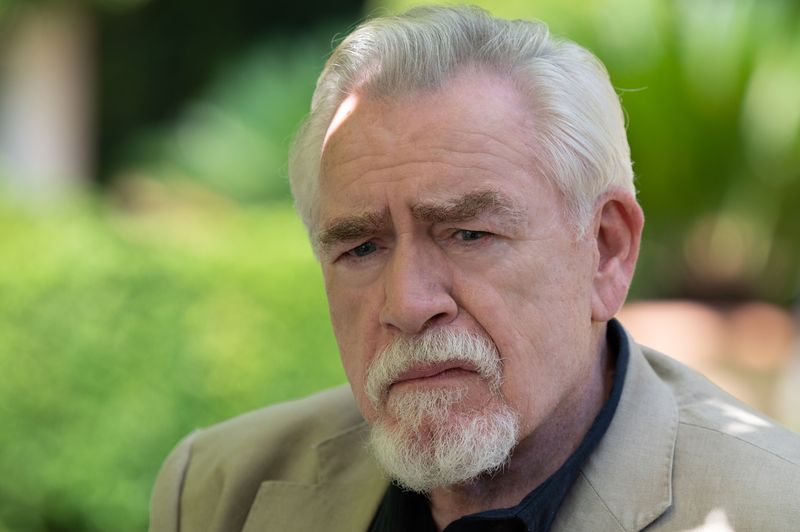
At the heart of Succession is Logan Roy, a merciless media mogul who won’t hesitate to destroy anyone threatening his empire, including his children. Despite his harshness, flashes of vulnerability and a complicated history evoke unexpected sympathy.
The character embodies toxic capitalism and patriarchy while remaining painfully human. Logan’s complicated relationships with his children form the emotional core of the series. Their desperate need for his approval, despite his abuse, reflects universal family dynamics taken to extremes.
His occasional moments of genuine affection make his manipulation all the more devastating, leaving viewers constantly reassessing their feelings about this terrible yet magnetic patriarch.
9. Jamie Lannister
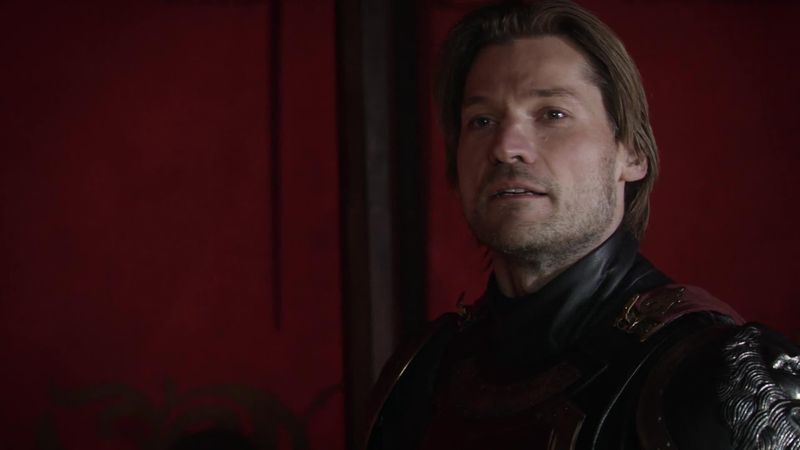
Game of Thrones mastered the redemption arc with Jamie Lannister, who begins as a villain pushing a child from a tower window. His journey from the arrogant “Kingslayer” to a man seeking honor creates one of TV’s most compelling character evolutions.
Jamie’s complicated relationship with his sister/lover Cersei adds layers of moral complexity. His hand amputation forces him to rebuild his identity beyond his fighting skills.
What makes Jamie fascinating is how he acknowledges his own moral failings. Unlike characters who justify their actions, Jamie owns his mistakes while struggling to become better. His friendship with Brienne reveals his capacity for goodness. Despite his ultimate return to Cersei, Jamie’s journey shows how even deeply flawed characters can find moments of true nobility.
10. BoJack Horseman
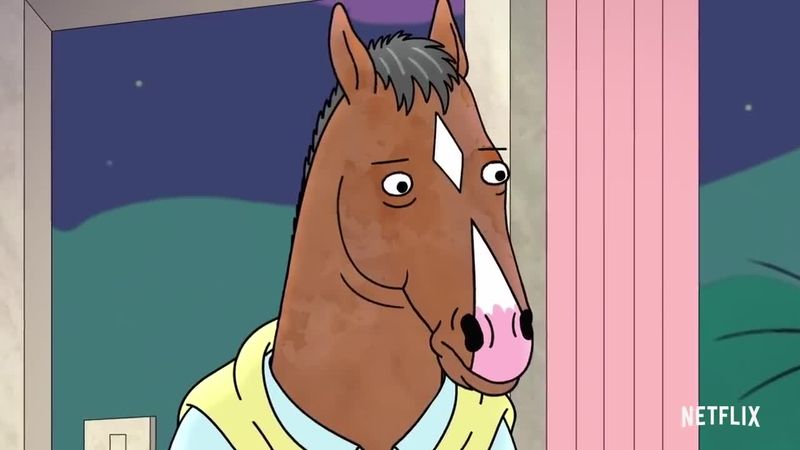
Wrapped in an animated horse’s form, BoJack is a self-destructive ex-sitcom star delivering one of television’s most honest portrayals of addiction and depression. Despite his constant damage to others, he never loses awareness of his own toxicity.
The animated format allows the show to explore dark themes with unexpected depth. BoJack’s childhood trauma explains but never excuses his behavior.
What makes viewers continue rooting for him is his desperate desire to be better, even as he repeatedly fails. His famous question “Do you think it’s too late for me?” resonates because we all wonder if redemption is possible after causing harm. BoJack makes us uncomfortable because he reflects the worst parts of ourselves back at us.
11. Dexter Morgan
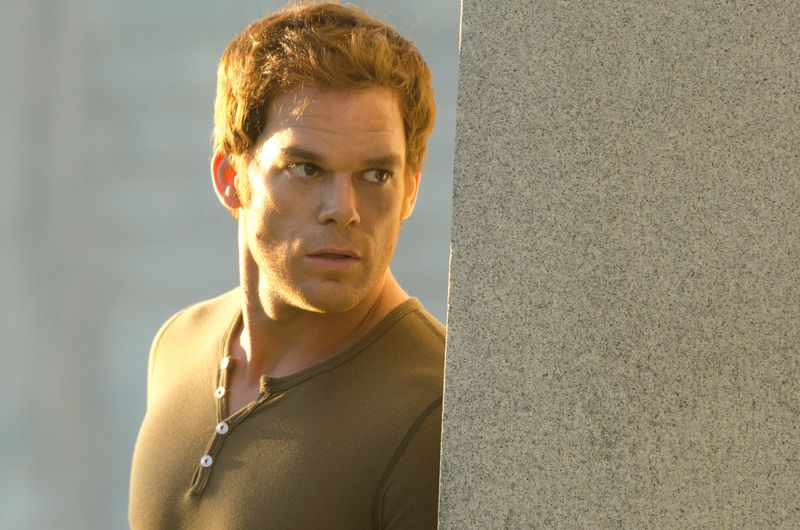
The serial killer who only kills other killers presents the ultimate moral conundrum. Dexter’s strict “code” established by his adoptive father creates a twisted sense of justice that viewers find themselves supporting despite the obvious ethical problems.
His day job as a blood spatter analyst for Miami police creates delicious dramatic irony. We become complicit in his vigilante murders, often hoping he won’t get caught.
Dexter’s internal monologue reveals his struggle to understand human emotions he can’t naturally feel. His attempts at normal relationships highlight the gap between his public and private selves. The show brilliantly questions whether someone can do monstrous things while still maintaining their humanity—and whether the ends ever justify such extreme means.
12. Carrie Mathison
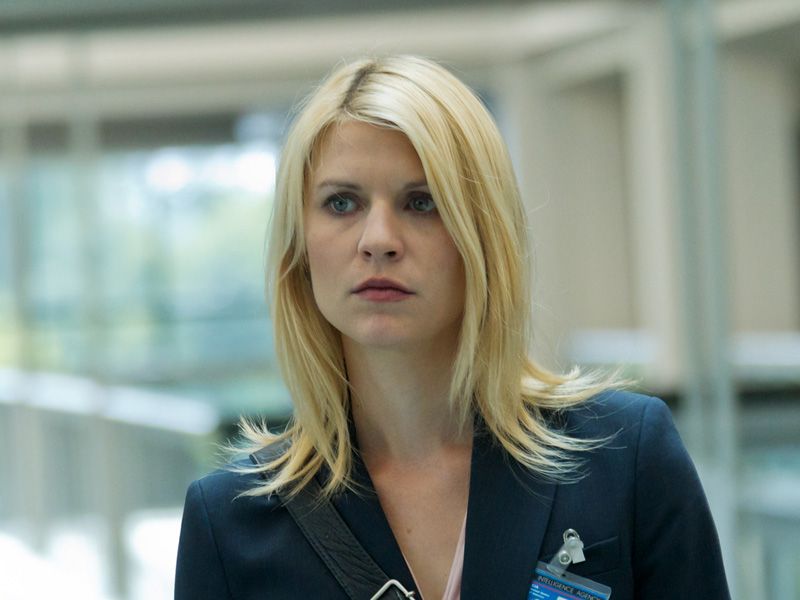
In Homeland, Carrie is a gifted but unstable CIA officer who pushes past boundaries in pursuit of her goals. Her bipolar disorder enhances her abilities but also threatens her stability, creating ongoing tension in her life and work.
Her willingness to use people—including through relationships—raises serious ethical questions. Yet her absolute commitment to national security makes these compromises feel necessary.
Carrie’s complicated relationship with Nicholas Brody, a POW she simultaneously suspects, surveils, and falls in love with, epitomizes her blurred personal and professional boundaries. Her greatest strength—obsessive focus—is also her greatest weakness. The character forces viewers to consider what sacrifices are acceptable in the name of safety and justice.
13. June Osborne
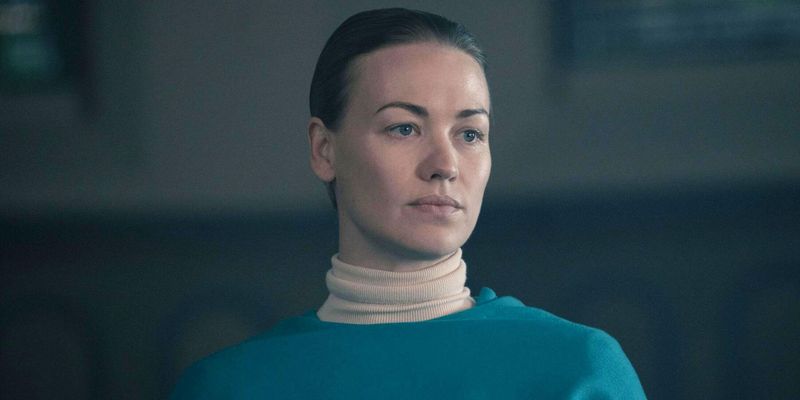
In The Handmaid’s Tale, June starts as a victim trying to survive but gradually becomes a revolutionary whose thirst for revenge leads her to make choices that endanger those around her.
June’s famous close-up shots reveal her transformation from frightened captive to someone capable of terrible violence. Her willingness to sacrifice others for the greater cause creates uncomfortable parallels with her oppressors.
What makes June compelling is how understandable her moral compromises become in the context of extreme oppression. The show forces viewers to question what they might do in similar circumstances. Her evolution challenges the simplistic notion of maintaining moral purity under systematic abuse, suggesting that resistance sometimes requires becoming the very thing you fight against.
14. Ruth Langmore
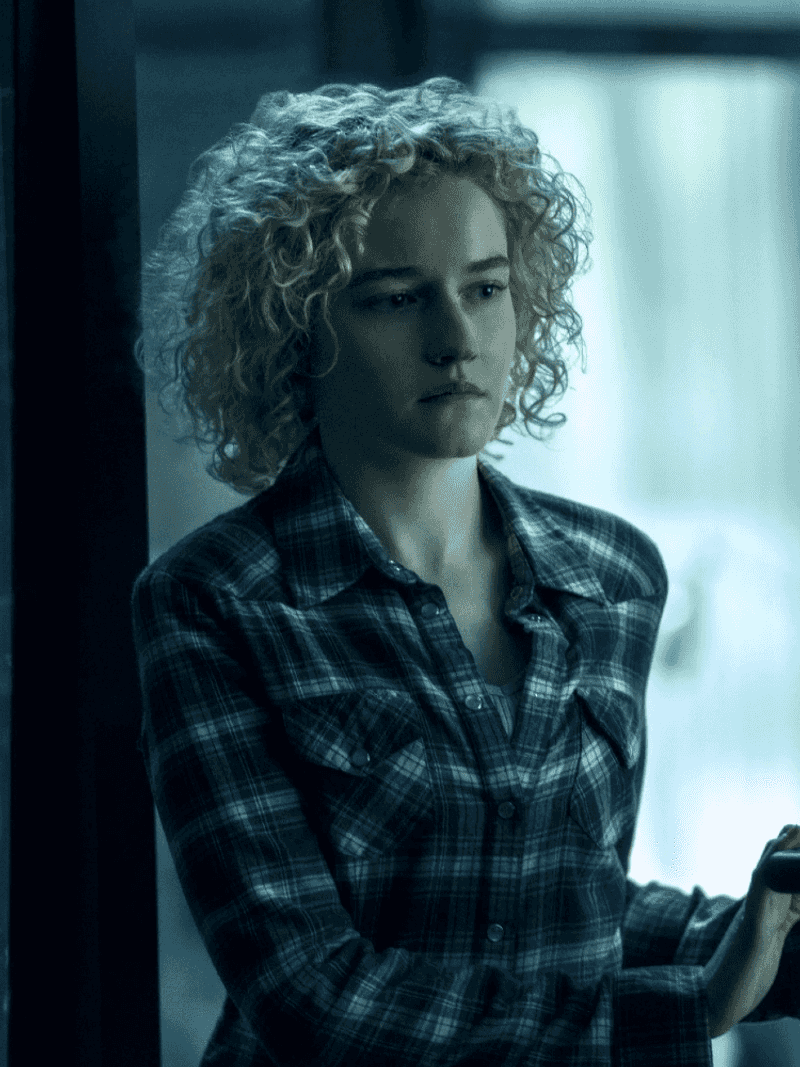
The foul-mouthed criminal prodigy from Ozark begins as an antagonist but evolves into the show’s moral center. Ruth’s harsh upbringing in a family of criminals gives her survival skills but limited options, creating sympathy for her illegal choices.
Her intelligence and loyalty make her increasingly sympathetic despite her violent tendencies. The contrast between her petite appearance and fierce personality creates memorable moments of dark humor.
Ruth’s relationship with Marty Byrde highlights class divisions and opportunity gaps in America. Her famous line “I don’t know shit about fuck” belies her street smarts and emotional intelligence. What makes Ruth special is her determination to escape her predetermined path while maintaining loyalty to her roots—a contradiction that ultimately proves impossible to resolve.
15. Love Quinn
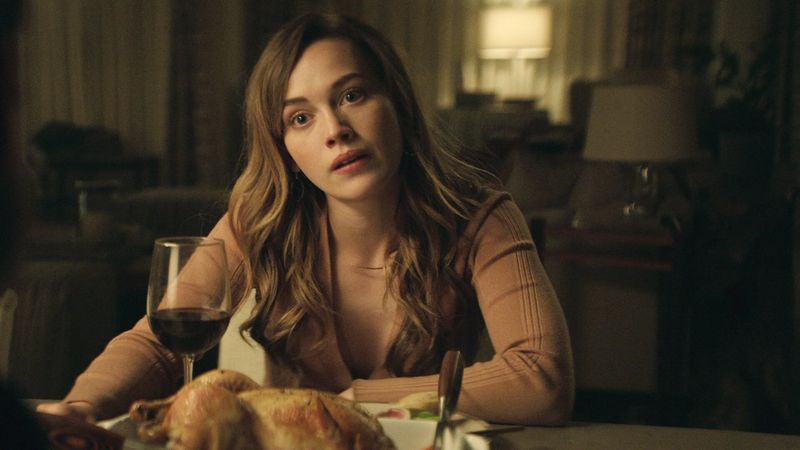
Love, the picture-perfect girlfriend in You, reveals a lethal side that matches Joe’s brutality. Her readiness to kill for protection mirrors Joe’s own violent tendencies in a chilling way.
Her combination of genuine warmth and deadly capability makes her unpredictable. Love’s background of privilege adds interesting class dynamics to her character.
What makes Love fascinating is how she embodies the saying “the road to hell is paved with good intentions.” Her murders stem from an extreme version of love and protection rather than calculated evil. The character subverts expectations about female villains by being simultaneously maternal and deadly. Her baking skills become the perfect metaphor—creating something sweet with potentially poisonous ingredients.

Comments
Loading…